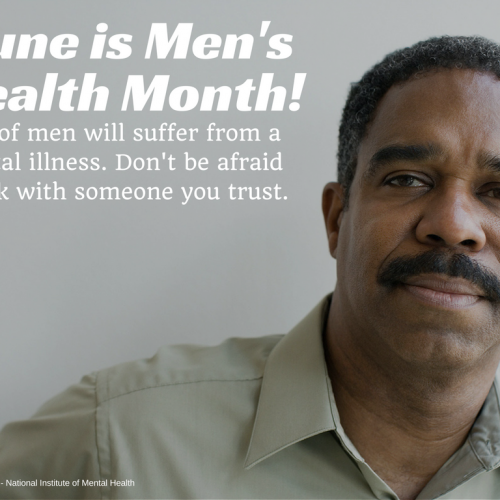As part of a commitment to the total health and well-being of children and communities, Kaiser Permanente is engaged in a wide array of clinical and community-based efforts to promote walking. Walking a minimum of 30 minutes a day, five days a week can help address chronic conditions such as heart disease, diabetes, obesity and depression that contribute to the escalating cost of health care. Walking is a simple, easy activity that most anyone can do. That’s why Kaiser Permanente supports Every Body Walk!, a campaign and national collaborative to encourage walking in America. In addition, exercise is now a “vital sign” at Kaiser Permanente. While they have their weight, height and blood pressure measured before a doctor visit, patients are asked how often and for how long they exercise.
Additional details of the survey findings include:
Walking and children
Parents recognize their children should walk more, but also that few children are walking or biking to school. In fact, only 8 percent of school-age children who live within a one-mile radius of their schools walk to school and even fewer (2 percent) ride a bicycle to school.
Pedestrian Safety
According to the survey, the biggest neighborhood barriers to walking include a lack of sidewalks, drivers who speed and drivers who talk on their phones or text. Crime ranks eighth overall out of 15 items, as a neighborhood barrier to walking, but it ranks 5th among both African Americans and Hispanic respondents compared to 12th among white respondents.
Differences across income groups and minority groups
Household income is strongly related to respondents’ walking attitudes and behaviors. Respondents from lower-income households reported poorer health and greater incidence of diseases and conditions such as diabetes, asthma and obesity. A greater percentage (43 percent) of those who reported household income of less than $40,000 a year said their walking has decreased “somewhat” or “a lot” compared to five years ago. Of those who earn $85,000 or more, 28 percent said their walking has decreased over that time period. Reasons lower-income respondents gave for not walking included: lack of energy, no one to walk with and difficulty of walking.
Minorities – particularly those of Hispanic origin – are far more likely to agree with the statement “I should probably walk more.” Fully 44 percent of Hispanics “agree strongly” with this statement.
The importance of neighborhood walkability
While six in 10 Americans describe their neighborhood as “walkable,” a majority of Americans do not choose their neighborhood based on its perceived walkability. However, individuals who live in more walkable neighborhoods (with places where it is convenient to walk to services, shopping, schools and jobs) do, in fact, walk more.
About the Survey
The survey was conducted in English and Spanish among a random sample of adults nationwide from GfK’s KnowledgePanel. A total of 1,224 interviews were completed among adults 18 and older, including 196 supplemental interviews among non-Hispanic African Americans and Hispanic respondents. The study was commissioned by Kaiser Permanente and conducted by GfK Custom Research. Assisting in the design of the questionnaire and analysis of the data were Professors Peter Tuckel and William Milczarski of Hunter College, City University of New York. All interviewing took place August 5th to August 13th, 2013.
About GfK
GfK is one of the world’s largest custom research companies, with almost 13,000 experts working to discover new insights into the way people live, think and shop, in over 100 markets, every day. GfK is constantly innovating and using the latest technologies and the smartest methodologies to give its clients the clearest understanding of the most important people in the world: their customers.
About Kaiser Permanente
Kaiser Permanente is committed to helping shape the future of health care. The company is recognized as one of America’s leading health care providers and not-for-profit health plans. Founded in 1945, Kaiser Permanente’s mission is to provide high-quality, affordable health care services and to improve the health of our members and the communities we serve. It currently serves approximately 9.1 million members in nine states and the District of Columbia. Care for members and patients is focused on their total health and guided by their personal physicians, specialists and team of caregivers. Kaiser Permanente experts and caring medical teams are empowered and supported by industry-leading technology advances and tools for health promotion, disease prevention, state-of-the-art care delivery and world-class chronic disease management. The company is dedicated to care innovations, clinical research, health education and the support of community health. For more information, go to kp.org/share.











